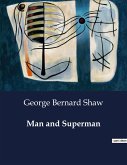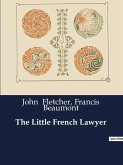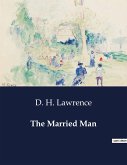"Every Man Out of His Humour" by Ben Jonson is a satirical comedy that offers a biting critique of the social and cultural mores of Jacobean England. Set in the bustling city of London, the play follows the lives of various characters from different social classes as they navigate the complexities of urban life. At the center of the narrative is the character of Sogliardo, a wealthy but foolish country gentleman who seeks to climb the social ladder by emulating the manners and behaviors of the urban elite. Through Sogliardo's misguided attempts at social advancement, Jonson exposes the absurdity of social climbing and the folly of placing too much importance on outward appearances. In addition to Sogliardo, the play features a colorful cast of characters, including scholars, courtiers, and merchants, each representing different facets of Jacobean society. Through their interactions and misadventures, Jonson offers a scathing commentary on the vanity, greed, and pretentiousness that he saw as endemic to contemporary society.
Hinweis: Dieser Artikel kann nur an eine deutsche Lieferadresse ausgeliefert werden.
Hinweis: Dieser Artikel kann nur an eine deutsche Lieferadresse ausgeliefert werden.








